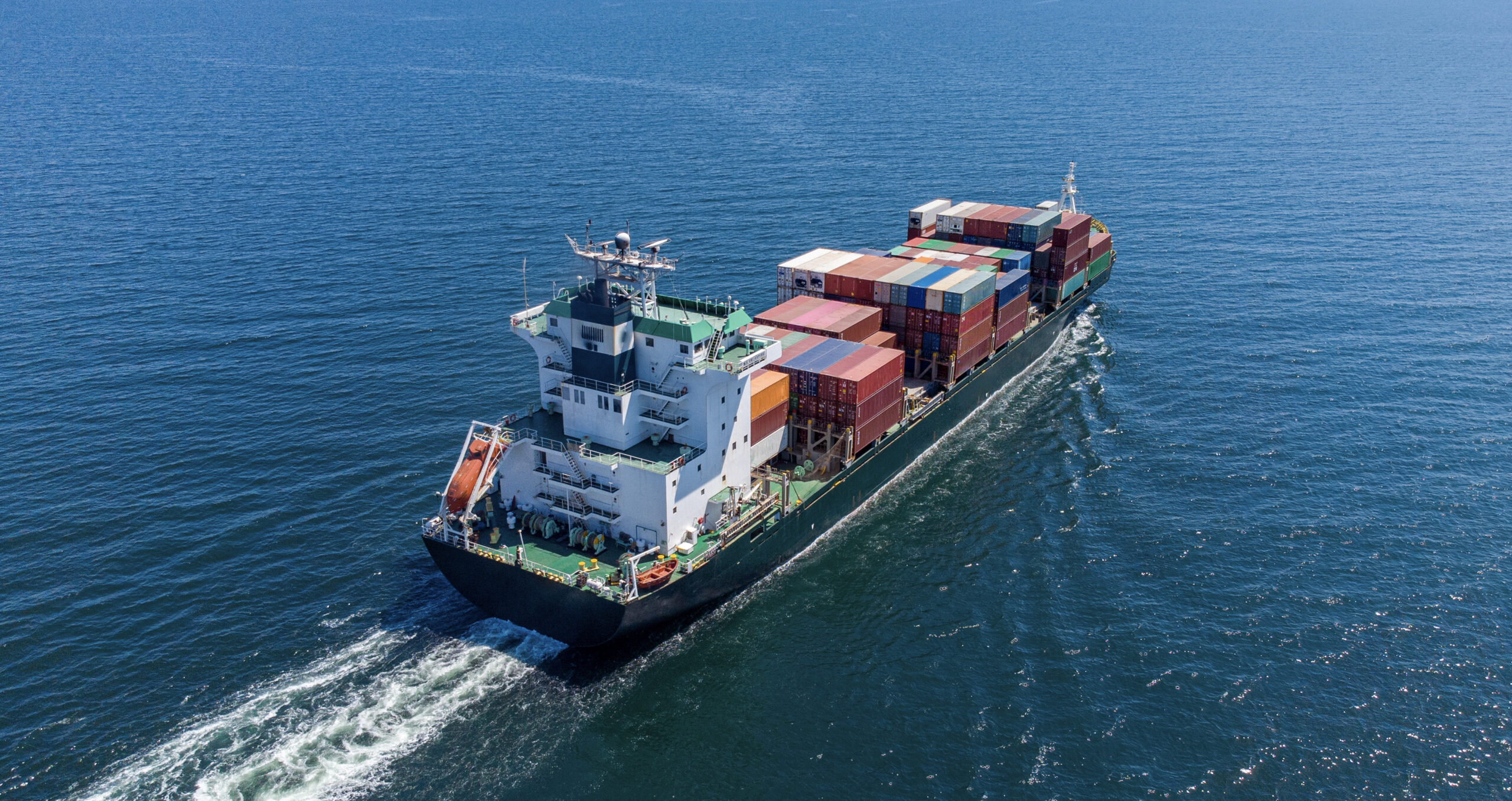
World trade ministers agree to collaborate on climate change

Trade ministers meeting in Davos have launched an initiative recognising the need to work more closely if trade is to be a solution to climate change.
The Coalition of Trade Ministers on Climate was launched on Thursday by trade leaders from Ecuador, the EU, Kenya and New Zealand, grouping over 50 ministers from countries including the UK, the US and Japan.
Its aim is to drive “inclusive co-operation” on the subject of climate change. Priority will be given to identifying trade-related measures that support the most vulnerable developing and least developed countries in the global energy transition.
An “important moment” that is “decades overdue”, said Rachel Kyte, dean of The Fletcher School of Law and Diplomacy at Tufts University and former World Bank vice-president, at the launch of an initiative by trade ministers at the World Economic Forum meeting in Davos to work together on climate change.
Kyte suggested, during a press conference, that such co-operation was possible today as governments and companies increasingly understood that “the only way to combat climate change is systemic change in the way we run our economies”.
Finance ministers had already, in recent years, become “intrinsically involved in climate change”, she said, as governments have introduced trade and subsidy measures to speed up the energy transition.
She cited the US’s Inflation Reduction Act and the EU’s carbon border adjustment mechanism (CBAM) as examples of such measures, and said the rest of the world was “looking on” to see how finance and trade were working in these jurisdictions.
Further co-ordination to push “more and better green trade”, protect biodiversity, and grow investment in new technologies that will be “created in one part of the world and used in another part of world” could also continue under the auspices of the G20, suggested Kyte.
WTO needs a ‘clear climate agenda’
EU trade commissioner Valdis Dombrovskis described the launch of the coalition as an “important first step”, highlighting that reform of the World Trade Organization “must also integrate the climate dimension and a clear climate agenda”.
Dombrovskis was asked during the press conference how trade and climate polices offering support for clean energy technologies play out in practice, given the ongoing rumpus between the US and the EU over the IRA.
Some in Brussels and in European capitals believe the law goes against WTO non-discriminatory clauses. The commissioner said the EU was in “intense discussions” with the US. “While we welcome the environmental and climate objectives [of the IRA], there are also concerns,” he said, insisting that Brussels was seeking a “negotiated result”.
“In the EU, there are subsidies in member states for electric vehicles, but those are non-discriminatory,” said Dombrovskis. “You can buy a Tesla made in the US and still get the subsidy,” but the “domestic requirements” to buy locally mean this would not necessarily be the case under the IRA and “this is causing problems”.
The EU believes it is better to “build transatlantic value chains and not disrupt them”, he added.
The bloc’s CBAM has also come under international criticism, however, with Brazil, South Africa, India and China suggesting the measure is a form of green trade protectionism.
Photo credit: Sandsun/Envato
Similar Articles

SFDR consultation shows sizeable appetite for transition finance category

Carbon markets experts grapple with role of removals in ETS


